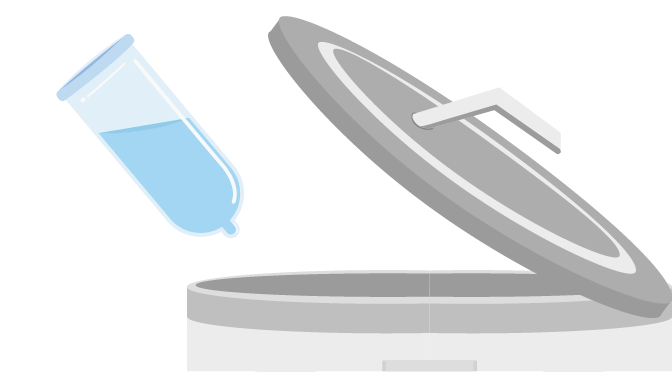After Sex

Although it may not seem like the most romantic thing to do, it is important to inspect the condom after use. We are not suggesting you grab a magnifying glass but after pulling away from your partner, just check the sperm is at the bottom of the condom.
Did the condom break? Or maybe you didn’t use a condom and don’t want to get pregnant, then you will need to access emergency contraception. Emergency contraception is available up to 5 days after unprotected sex but it is more effective the earlier it is taken. It is available free from the sexual health clinic and some pharmacies.
If the condom broke or you didn’t use a condom and you think that there may be a risk of HIV. The Sexual Health clinic can prescribe a medication that can help prevent HIV. This medication is called PEP or Post Exposure Prophylaxis and needs to be taken up to 3 days after sex. Visit the sexual health clinic or call 111 if you have recently put yourself at risk of HIV. You can read more about PEP here.
Firstly, check out these questions…….
If you answered Yes to these questions, then you may need to take a pregnancy test, you can usually start testing 3 weeks after unprotected sex. Free testing is available at the sexual health clinic.
Even if you anwered No and think you might be pregnant, you should still take a pregnancy test if your worried. Free testing is available at the sexual health clinic and you can also test from 3 weeks after sex.
You don’t need to immediately hop out of bed and into the shower right away. But gently cleaning yourself after sex can help protect people from infections like of the urinary tract (UTIs). Wash the area around (not inside) your genitals with plain warm water. You can try mild soap or aqueous cream and water. Men, or people who have a penis with foreskin should gently pull it back and wash underneath. Don’t forget to wash your hands! You may have picked up bacteria from touching your own or your partner’s genitals. Wash with soap and water and make it part of your post-sex, clean-up routine.
Some people think they need to clean inside their vagina or anus after sex with water or pre-packaged fluids. This is called douching. Douching may lead to infections as it can upset the natural balance of the vagina and irritate the delicate skin of the anus. The best way to take care of the vagina after sex is to leave it alone, it cleans itself naturally. The best was to take care of the anus is to simply just give it a little wash with a mild soap.
During sex, bacteria can get into your urethra, the tube that carries urine out of your body. This can raise your chances of getting an infection. We recommend emptying your bladder after sex as peeing helps to flush these germs out.
Remember, if you have a vagina, when you wipe, do it from front to back to stop the spread of bacteria.
Bacteria, viruses, and fungi can remain on the sex toys after use, this means your toys may spread STIs and other infections.
Clean each toy after every use check the packaging for cleaning instructions. It’s better not to share toys with others that can pass germs back and forth. If you do plan to share, try to cover the toy with a new condom each time you use it.
If you’re sexually active, especially if you’ve been with a new partner, it’s a good idea to get tested for STIs.
Most of the time, these infections have no symptoms, so testing is the only way to know for sure if you have one. You can also watch out for symptoms, like bleeding after sex, discharge, pain, blisters, sores, spots, or lumps around your genitals.
Communication is key to a healthy sexual relationship. Some possible topics to discuss include: